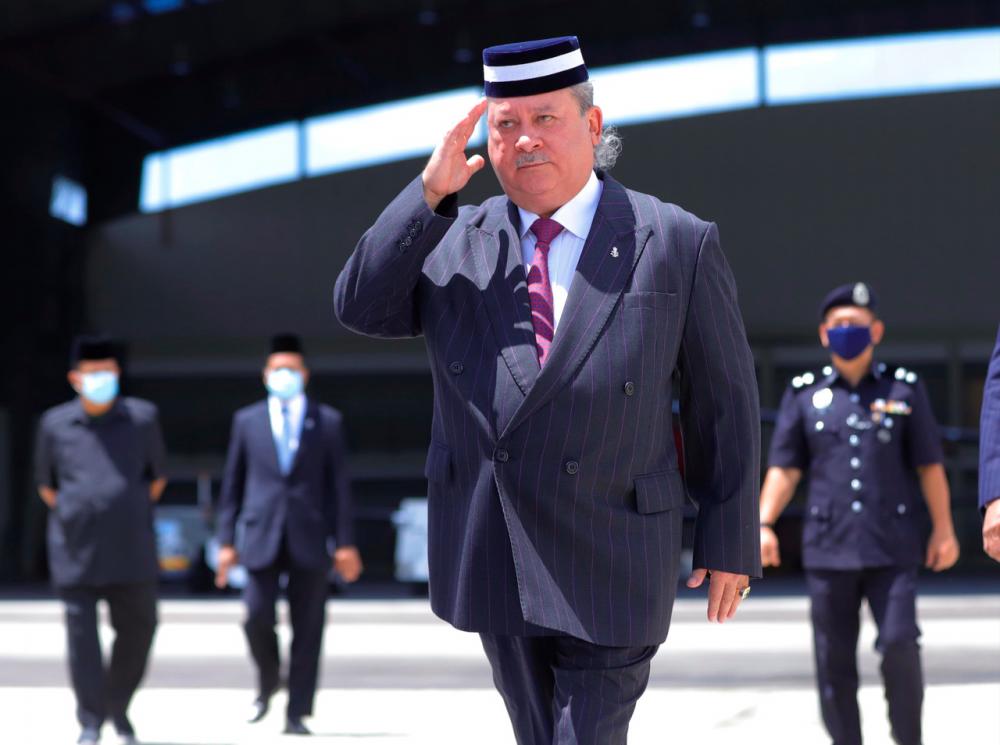PETALING JAYA: The term “pendatang” (immigrant) should not be used to describe the races that helped to build this country as a team, said several experts and leaders.
They were responding to comments by the Sultan of Johor, Sultan Ibrahim Sultan Iskandar, and said the Sultan’s views should serve as an eye-opener to all who use the term loosely.
“My forefathers had the foresight to forge a unique relationship with the Chinese. They are not ‘pendatang’. They were invited to Johor to open our land and cultivate plantations. They are (part of) ‘Bangsa Johor’, just like the Malays, Indians and others, who are all Malaysians,” Sultan İIbrahim said.
Asia Pacific University of Technology and Innovation historian and adjunct professor Dr Ranjit Singh Malhi said although the term “pendatang”, as defined in the Kamus Dewan, strictly refers to foreigners who come to or enter another country, it is often used pejoratively and wrongly to refer to non-bumiputras.
“This is done as part of the rising Malay ethno-nationalism, which has also crept distinctly into our secondary history textbooks since 1996.
“The non-bumiputras, whose forefathers were immigrants at one time and played a significant role in the economic and infrastructure development of the nation, are today proud citizens of Malaysia with equal rights and therefore, cannot be called ‘pendatang’.
‘Pendatang’ cannot be citizens,” he said.
Ranjit said the non-bumiputras are part and parcel of bangsa Malaysia and it is little known that in 1931, the Chinese and Indians accounted for 53.2% of Malaya’s population.
“I salute the Sultan of Johor for proudly and rightfully acknowledging the significant role played by the Chinese in the economic development of Johor and asserting that they are Malaysians and not ‘pendatang’. It’s a wake-up call for politicians, policy makers and academicians to adopt a Malaysian-centric view towards fostering a shared sense of pride and an unshakable sense of common identity among our young, which is vital for Malaysia’s continued success and wellbeing,” he said.
Political commentator Prof Mohd Tajuddin Mohd Rasdi said many Malaysian historical figures such as Puteri Hang Li Po and Munshi Abdullah, were of mixed ancestries.
“If you look into these facts, then the use of the term ‘pendatang’ becomes irrelevant.”
Tajuddin also said the Sultan of Johor’s comment was an eye-opener that we should include in the narratives of different parties in order to approach the solid truth about Malaysian history.
“The more narratives we have, the closer to the truth we get. The lack of these other narratives and the existence of a singular narrative is what causes divisions between the people. The study of history should be from various perspectives and not just one.”
He noted the reason the term has been used so freely by politicians is due to political agendas that are divisive.
“Politicians who use these terms are empty politicians who have no other way and use racial sentiments to divide the country,” he said.
Sarawak Tourism, Arts and Culture Minister Datuk Abdul Karim Rahman Hamzah said referring to another Malaysian as a “pendatang” or another racial group as “bangsa pendatang” will definitely not augur well in efforts to unite Malaysians, irrespective of race or religion.
“The government and its leaders must be firm and strong in ensuring that no single race plays the ‘supreme’ race card as Malaysia was formed through diversity in race.
“Fortunately, no such racial sentiments are played up here in east Malaysia, especially by politicians, unlike what we see in the Peninsular,” he said.















